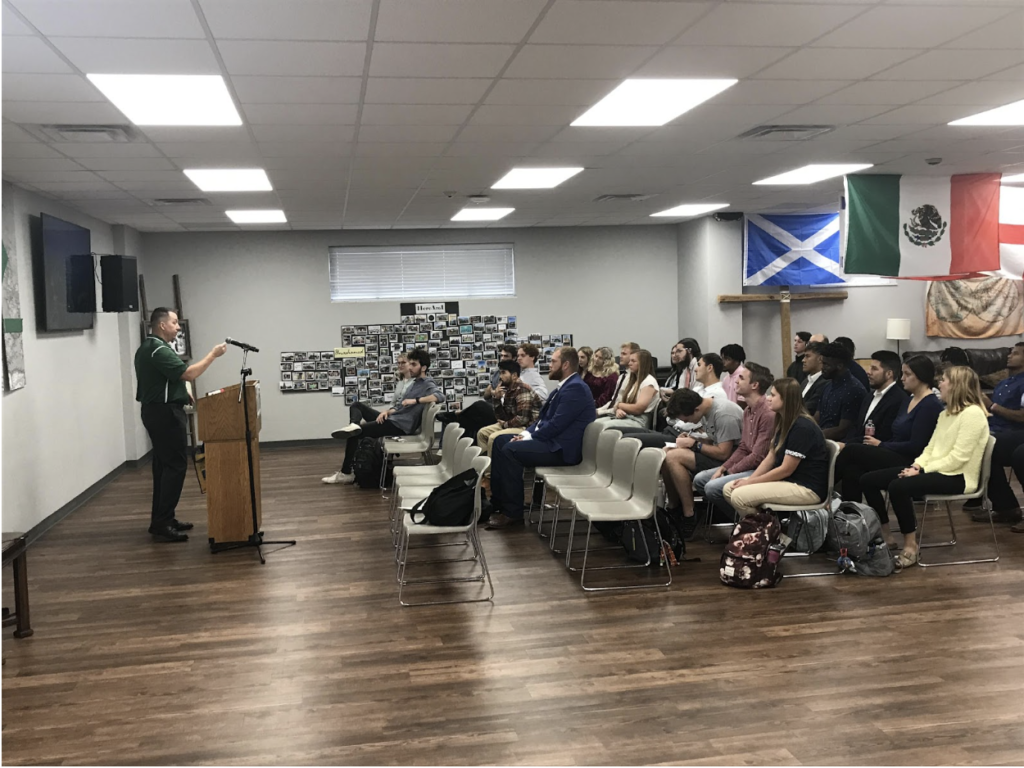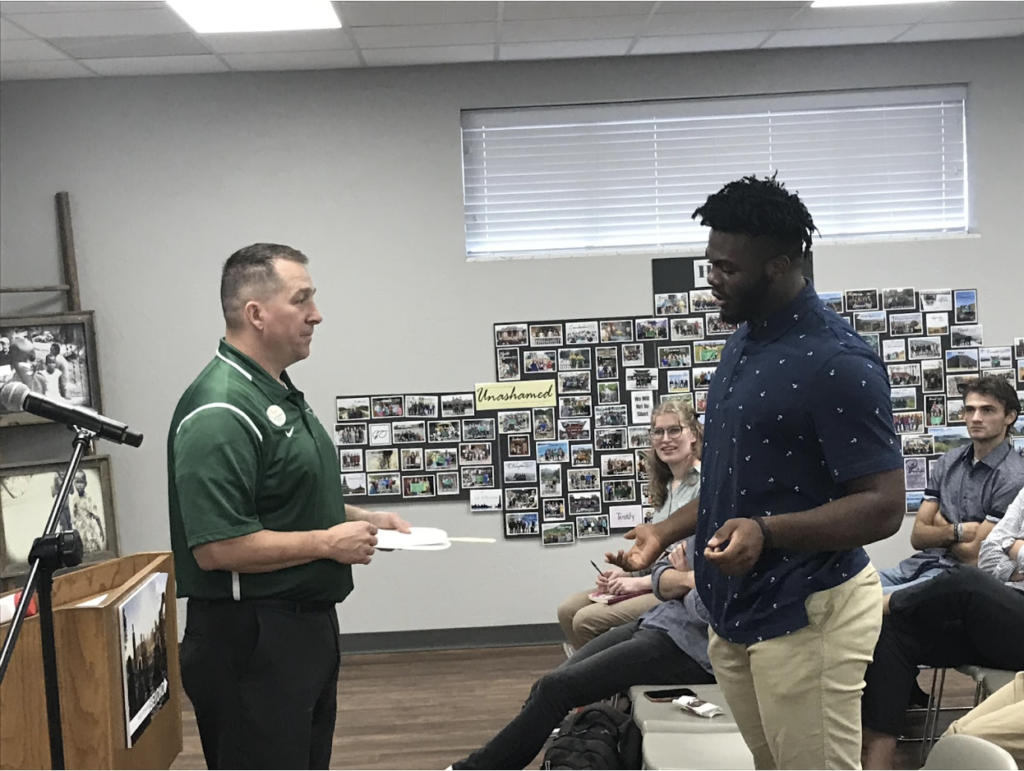
Building Winning Customer Service for Small Businesses: Key Strategies After the Pandemic
Erin, a budding entrepreneur in his community, had always managed to stay ahead of the competition by being adaptable and quick to respond to market changes. On this day, he was headed to the airport to pick up a rental car when he encountered a long line of disgruntled customers. Some had been unexpectedly bumped from their flights, while others were frustrated by the lack of staff at the rental car counter. It was a chaotic scene, reminiscent of a day at the zoo.
When Erin finally reached the counter and handed over his license, insurance card, and credit card, he was told that he had no reservation. Naturally, he was exasperated and showed the clerk his proof of reservation. However, the employee casually explained that any third-party reservation is automatically cancelled by the system, and that Erin should have booked directly. To make matters worse, the rental company was already double-booked and couldn’t accommodate any more customers, including direct bookings. Frustrated and feeling helpless, Erin demanded to speak with the manager, only to find out that the manager was busy cleaning out cars since his staff had failed to show up for work. Dejected, Erin walked away from the counter, feeling defeated.
Today’s businesses must build value for customers if they hope to be successful. Yet, value is a moving target. All customers do not have the same measuring stick for sellers to apply a cookie-cut approach. Sadly, today’s customers are not happy with the quality of most businesses’ customer service. Companies seek to reduce their inputs (i.e., outsourcing labor, using better technologies) to obtain greater profitability. Still, the process is often self-serving, with little regard for the customer and lesser value on employees. Therefore, many people might insist that some businesses simply stumble on what customer value is and how it affects their business. This article examines how small businesses can utilize great customer service to give them a competitive advantage in the marketplace.
Is Covid to blame for poor customer service today? The negative impacts of the pandemic have been significant for customer service. Many organizations are short-staffed. Before Covid-19, customer service was already declining. Yet, the pandemic threw customer service on a fast downward spiral. According to an NBC study, 75% of buyers noted that customer service worsened during the pandemic; 78% of them stated they had contacted a company multiple times to address a single concern. As a result of the pandemic, many employees exited their jobs in search of purpose. In fact, 76% of employees experienced burnout on their jobs at least once, according to a 2020 Gallup report. The aftermath of the pandemic continues to haunt many businesses today.

What is good customer service? According to Salesforce.com, customer service can be defined as ‘the support you offer your customers-both before and after they buy and use your products or services – that helps them have an easy and enjoyable experience. Good customer service involves creating a great customer experience. Jalene Nemec, co-author of Great Customer Service: The Definitive Handbook for Today’s Success Business, explains, “The customer service of these companies has seen the most drastic decline. It has been carelessly devalued. Contrary to popular belief, customer service is not just about solving problems; it is about being the ‘face of the company.’” Thus, disgruntled employees and overworked managers do not speak well of a business. Yet, creating value for customers isn’t easy. Some businesses seek to take shortcuts in building relationships with customers with marketing smoke and mirrors.
Some organizations simply believe that hiring a large sales force is enough. Jeb Blount, author of Fanatical Prospecting: The Ultimate Guide for Starting Sales Conversations and Filing the Pipeline by Leveraging Social Selling, Telephone, E-Mail, and Cold Calling, explains, “Lots of salespeople have the intelligence, talent, skills, and education to be top performers. Lots of salespeople are competitive, understand the sales process, and know how to ask for business. Yet they consistently underperform the superstars… Superstars are relentless, unstoppable prospectors. They are obsessed about keeping their pipeline full of qualified prospects.” Thus, knowing your customers intimately will serve small businesses in creating value for customers.

Shawnee’s Chick-fil-A owner, Jeff Madison, understands the merit of good customer service. Retired U.S. Army Colonel with 26 years of leading U.S. and multinational soldiers and civilians from the cavalry scout platoon to the Pentagon, Jeff recognizes the essential of deploying a combat-proven, critically reflective, innovative, and decisive strategy in ever-changing conditions. Despite all the MBA-type strategies, success starts with building value for customers. Jeff explains, “We create value for our guests by connecting with our guests beyond the transaction (taking their money at the cash registers). We offer genuine hospitality and Matthew 5:41 Second-Mile Service. We carry trays to the table for guests who need assistance.” Madison seeks to build an emotional connection with customers. Most businesses want to distinguish themselves from their competition, so creating value is a clear distinction.

Below are some winning strategies for building good customer service:
- Communicate your mission, values, and expectations for good customer service to all employees and stakeholders.
- Benchmark other companies that have distinguished themselves with great customer service.
- Create product and service offerings that customers want and desire.
- Develop processes through business operations that create value for customers.
- Provide customers with a written guarantee about the quality of your customer service.
- Hire employees who will buy into your good customer service customer.
- Reward and incentive employees and managers for their quality customer service.
- Listen to customers, employees, and other stakeholders so that you can continuously make improvements to your customer service systems.
Are you building a culture that values great customer service? Do your employees project a warm, positive attitude to potential customers? If not, today is a good time to change what has not worked, especially in the aftermath of the pandemic. This article demonstrated how small businesses could utilize great customer service to give them a competitive advantage in the marketplace. When small businesses place value creation as a high priority, providing great customer service is a lot easier and more beneficial in the long run. Let’s pray that it is not too late.
© 2023 by D. D. Green
About Dr. Daryl D. Green:
Dr. Daryl D. Green is a business strategist, speaker, and noted author. He is the Vice President of Marketing at AGSM Consulting LLC. He is the author of the business book Small Business Marketing.
Dr. Green has been noted and quoted by USA Today, Ebony Magazine, and the Associated Press. He provides consulting guidance and management training for today’s small businesses. Additionally, he is an award-winning college professor, developing new innovative approaches for today’s small businesses. If you would like more information about this article or business assistance, please contact Dr. Green at drdarylgreen@gmail.com or visit www.drdarylgreen.com.




